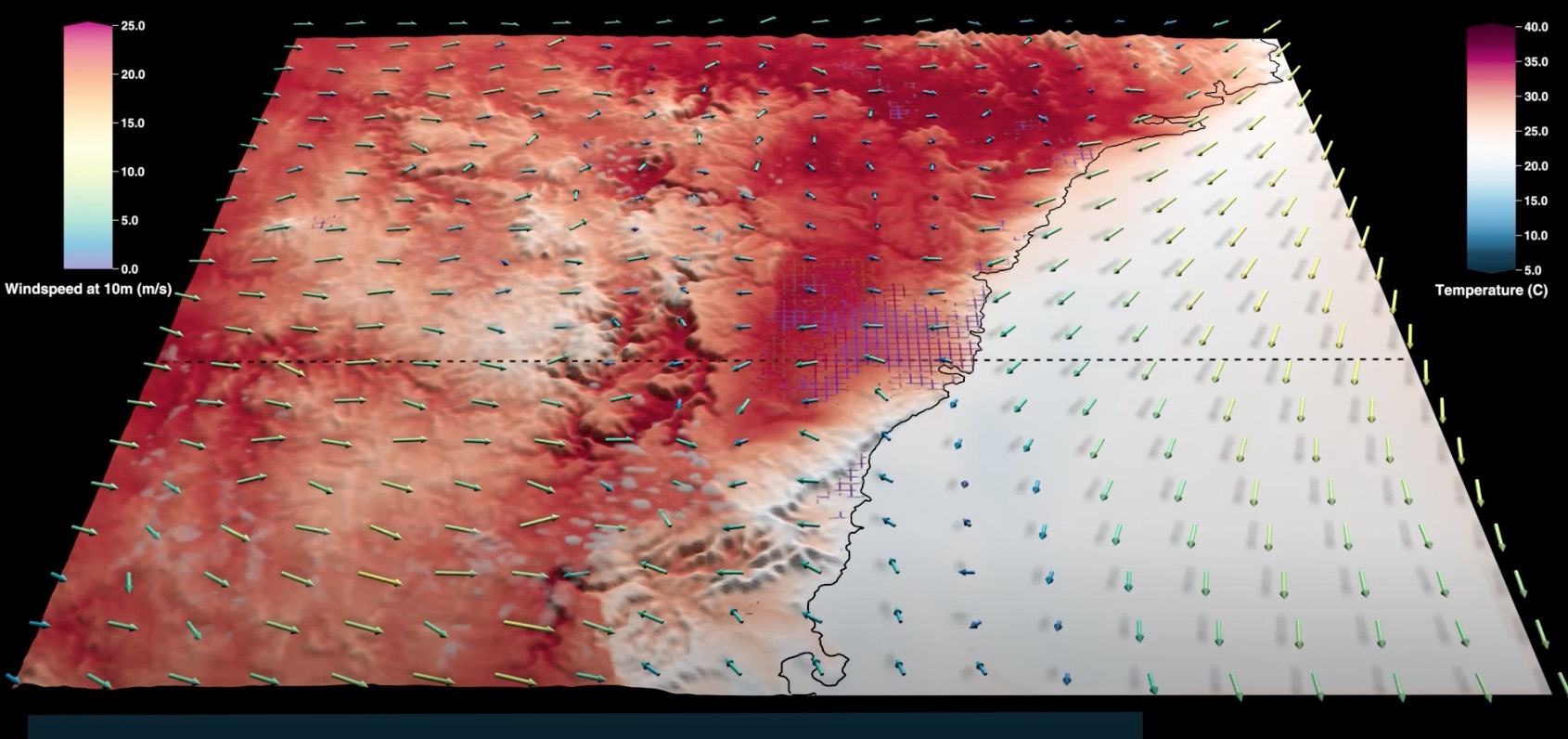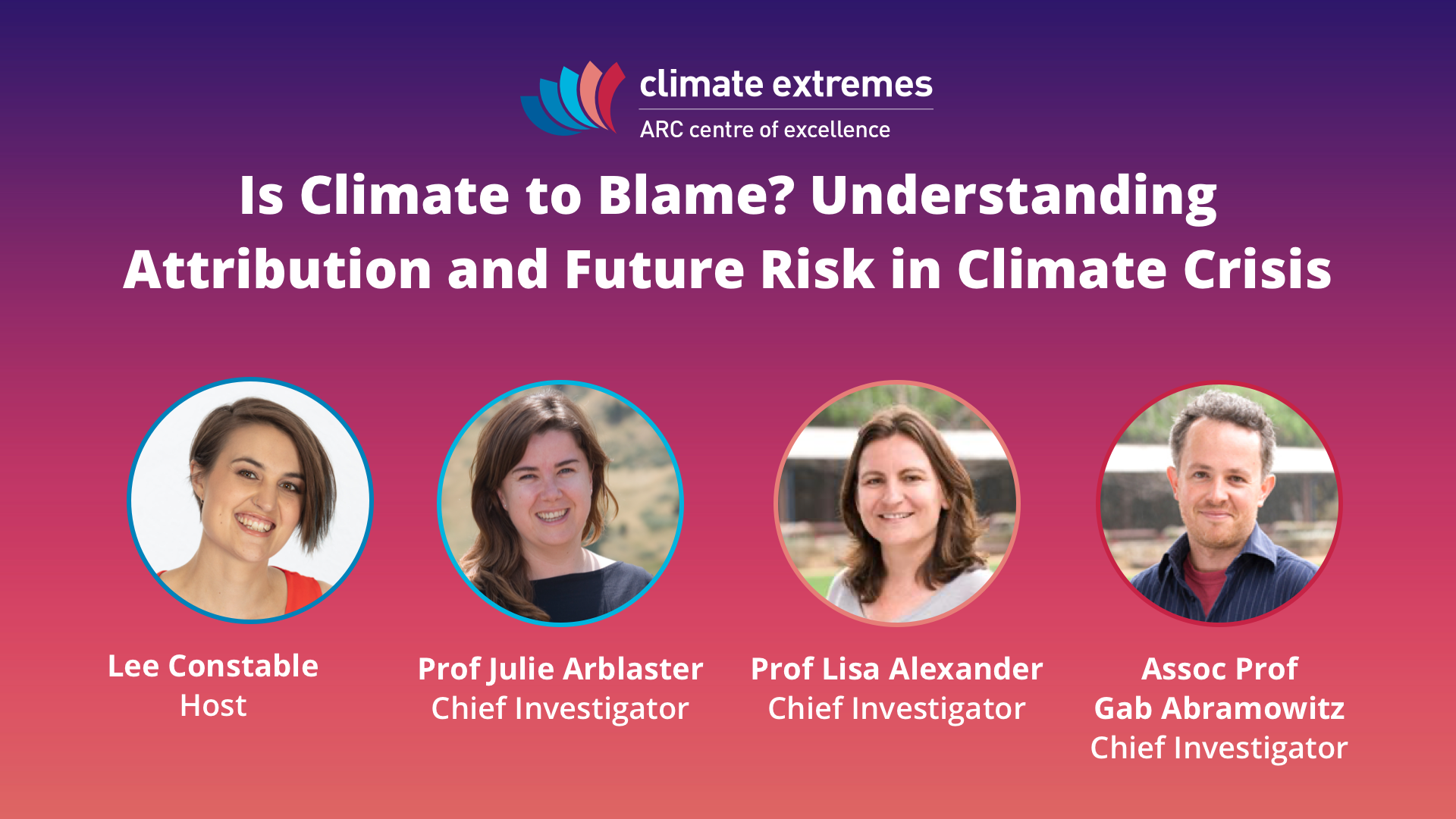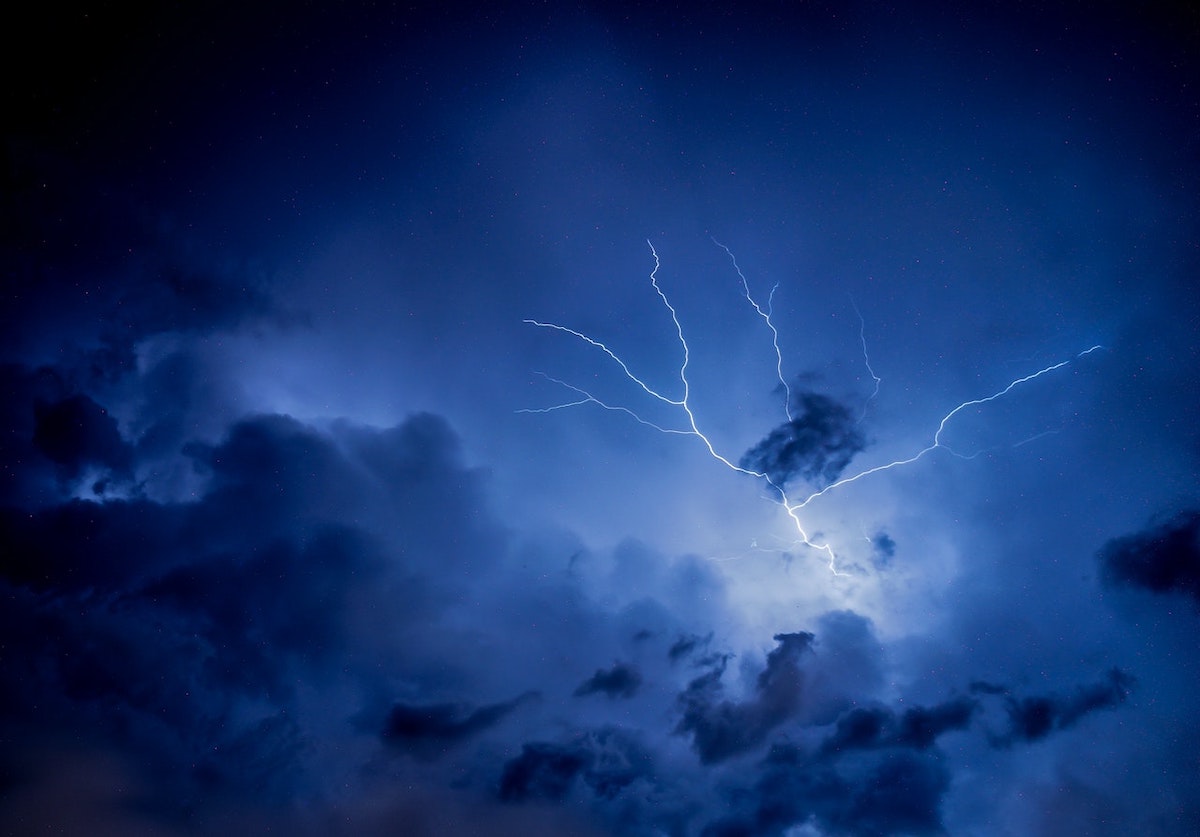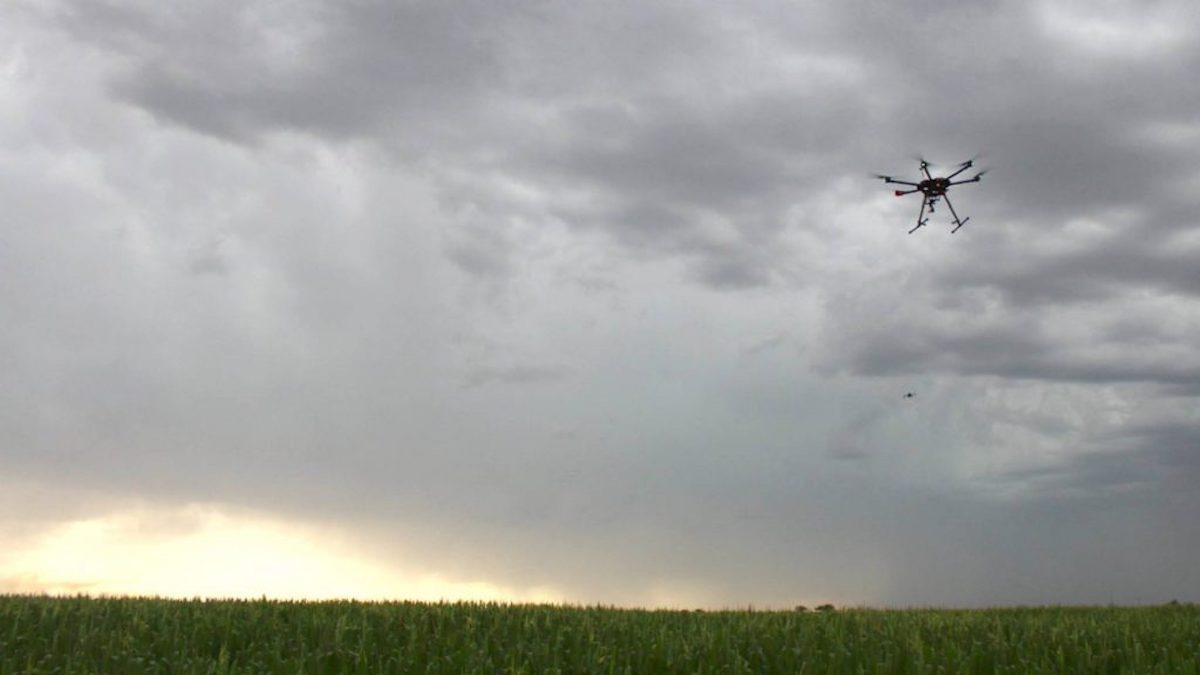-
Research Brief: Calculating the contribution of an individual to making extreme weather events more likely

This paper focuses on a case study to provide a methodology for how the costs associated with an extreme weather event may be shared between citizens and envisage how such a system could look in future.
-
Research brief: Evapotranspiration shows an increasing trend since 1980

Climate change is affecting the amount of water evaporating (from soils and surfaces) and transpiring (evaporating through plant leaves) from the land surface. Trends derived from DOLCE V3 show clear increases in ET since 1980 over the majority of the Earth’s surface.
-
Research brief: Climate change may increase hazelnut yield in Southeast Australia

CLEX researchers and colleagues combined high-resolution regional climate projections with a process-based hazelnut simulation model to predict future hazelnut yield in Australia.
-
Research brief: Urban heat island effect amplifies Sydney heatwaves

This research uses Sydney, Australia’s largest city, as a test case for our new configuration of the Weather and Research Forecasting model run at a very high resolution of 800 m with a new urban classification scheme that describes the complexity of Sydney’s built environment.
-
Climate Australia: Episode 1 – Is climate to blame?

Prof Julie Arblaster, Prof Lisa Alexander, and Assoc Prof Gab Abramowitz discuss the research around the Attribution and Risk research program. The episode explores why we can detect climate signals in some extreme weather events and not others and the implications this has for understanding how these events may change.
-
Research brief: Pathways and pitfalls in extreme attribution

In a recent CLEX study, published in Climatic Change, researchers discuss the choices taken at each step, which may affect the final outcome and usefulness of extreme event attribution analyses.
-
Research brief: Extreme events in SE Australia to increase in frequency by 2100

This paper used statistical techniques to investigate changes in extreme climate events that currently occur, on average, only once every 20 years. These techniques are applied to data related to heat, rainfall, drought and conditions conducive to bushfires and thunderstorms from detailed climate modelling commissioned by NSW and ACT Governments.
-
Research brief: What drives extreme heat events in spring?

Maximum temperatures in Australia during spring have exceeded historic records on multiple occasions in recent years. Understanding what drives these high temperatures may lead to better forecasts of extreme heat in the future.
-
Research brief: New Zealand’s costliest floods caused by atmospheric rivers

The largest rivers on Earth are not on the ground, but in the sky. Our new study, published in Environmental Research Letters, showed that nine out of ten of the most expensive floods in New Zealand (2007-2017) occurred during an Atmospheric River event, and seven to all ten of the top ten most extreme rainfall…

